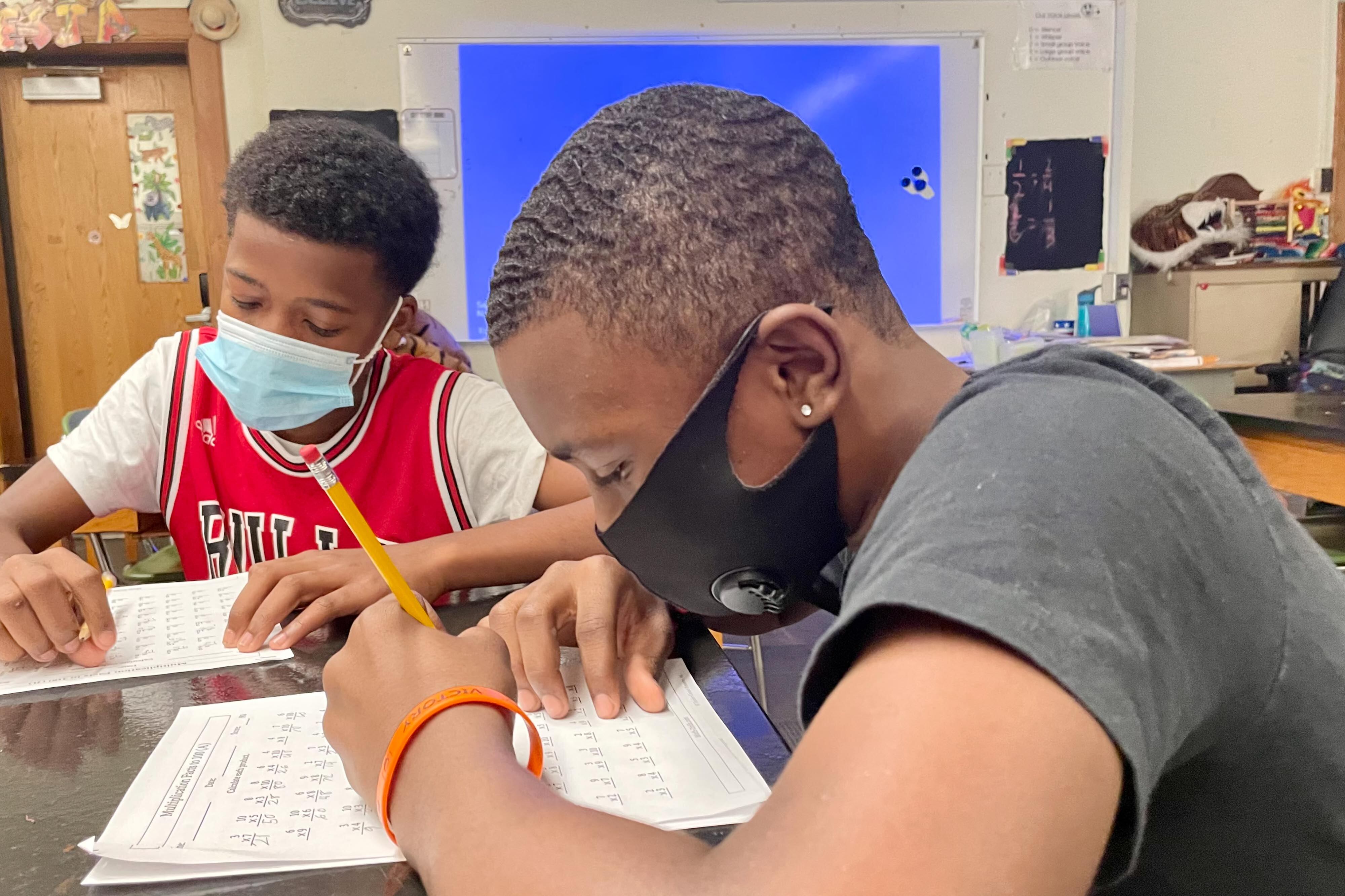Thirty-seven Illinois legislators are calling on the state board of education to hold off on an overhaul of the state’s current assessment system. Under proposed changes, the state would transition from the Illinois Assessment of Readiness (IAR), which is currently given at the end of the year, and institute a different test three times a year that will cost $228 million over the next decade.
In a letter released Tuesday, the legislators said that academics, testing experts, and educators have voiced concerns about the effectiveness of testing as a strategy for increasing student achievement and that a test given multiple times a year would be an overreach, particularly for low-income students and students of color.
They also cited concerns about the cost and the expansion of testing to kindergarten through second grade, which the state is considering as part of the shift. “These concerns have not been adequately addressed by ISBE,” the letter said.
The letter also noted that the State Assessment Review Committee and the Technical Advisory Committee — two committees charged with providing recommendations on testing to the state board of education and the general assembly — have not been included in the decision-making process and have concerns about the board’s current proposal.
“The State Assessment Review Committee is an independent body statutorily charged to provide recommendations to you and the General Assembly on state testing,” said the letter. “But to date has had insufficient opportunity to exercise this independence and weigh in on your plan.”
The letter comes before the state board of education holds its monthly board meeting on Wednesday. In September, the board said it would review recommendations for a new test and move forward with a request for a sealed proposal. It was aiming to release the request by the spring of 2022.
The board’s vote for the spring has been delayed and does not appear on Wednesday’s agenda.
If everything went according to plan, the state board would roll out a new exam during the 2023-2024 school year before its contract ends with Pearson, the provider of the IAR, in 2025. About 20% of Illinois school districts will be required to take both exams, upping the amount of tests for educators and school leaders to administer throughout the year. Costs of the two contracts would also overlap.
Some districts rely on interim assessments that are administered multiple times a year. Chicago Public Schools was among them until earlier this year, when the district ended its contract with nonprofit NWEA to provide the Measure of Academic Progress (MAP) test for third to eighth grade.
Chicago schools now can opt into two new assessments: a part of the universal Skyline curriculum the district rolled out last July — which is currently optional — and a collection of quick Star 360 assessments available in both English and Spanish.
Some Chicago schools continue to administer the MAP; however, education researchers have reported stagnating, and in some cases, declining, test scores.
State Senator Cristina Pacione-Zayas, a former state board of education member, signed the Tuesday letter and said in the press release that there needs to be more feedback on the process from education, families, and other experts.
“I consistently advocated for a robust stakeholder engagement strategy and feedback loop for all aspects of our decision making, especially when millions of taxpayer dollars are at stake,” she said. “This instance is no exception, and even more critical because of an existing contract that may overlap with the timeframe for implementing a new assessment system.”
Paul Zavitkovsky, assessment specialist at the Center for Urban Education Leadership at UIC, said in the press release that there are numerous claims in the testing industry about what so-called “interim tests” can do.
“But the research is clear,” he said. “Large-scale interim tests don’t help improve academic achievement and growth.”





